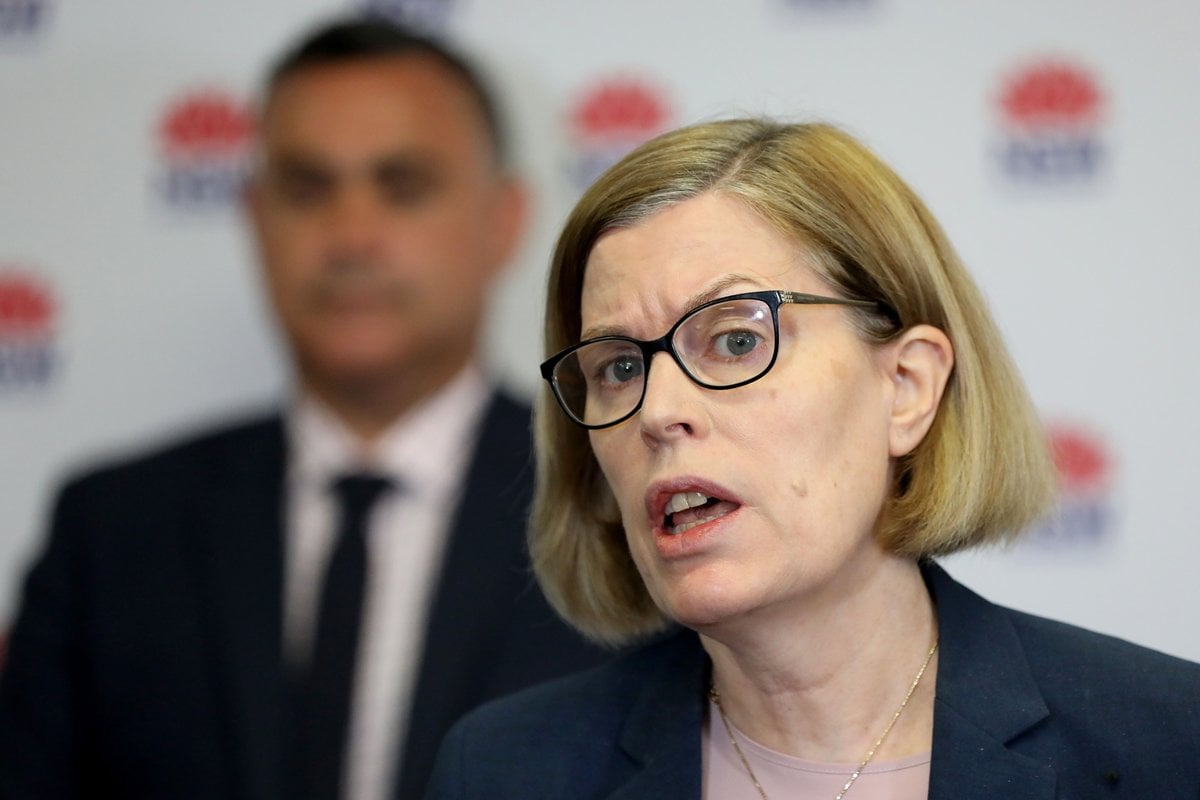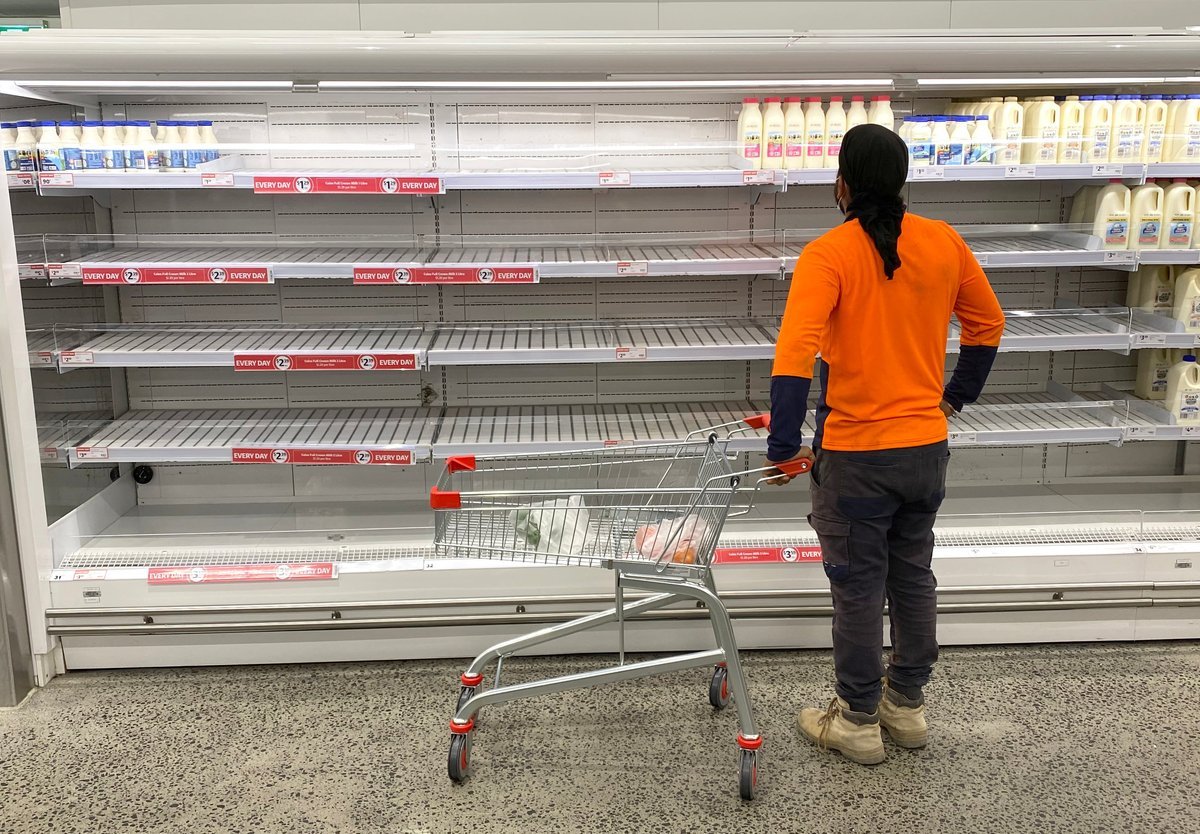
NSW tightens hotel quarantine procedures after mutant virus strains detected.
NSW health authorities are on high alert, after a family of four returning Australians tested positive for the South African mutation of COVID-19 while in hotel quarantine.
Preliminary tests on the group, who recently returned from South Africa, detected the overseas variant, which is believed to be passed on at a higher rate.
"Further testing is underway to confirm these results, but as a precaution, the 16 people who were accompanying that flight have, as a precaution, moved to the Special Health Accommodation," NSW Chief Health Officer Dr Kerry Chant told media on Friday.
"That is because there are concerns that this South African strain does share a similar mutation from the UK, but may be associated with increased transmissibility. That is why we are taking a very cautious approach there."
NSW Health confirmed it has also detected six cases of the UK strain of coronavirus since November 30, with two of those still in isolation.
Speaking at Saturday's press conference, Dr Chant announced new protocols for hotel quarantine in response to increased numbers of positive cases and new variants.
Returned travellers who test positive will now be given more "timely" genome sequencing tests, will be isolated for at least 14 days after symptom onset, and will have an exit test before they leave. All staff at quarantine hotels will now undergo daily testing.
"We live in a global world and so all returning travellers are at increasing risk of having one of these mutations which need to be investigated, but some of the mutations are associated with increased transmissibility, and obviously we need to be vigilant for other impacts of the viruses as they change.

